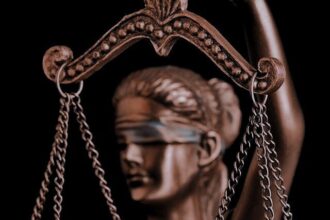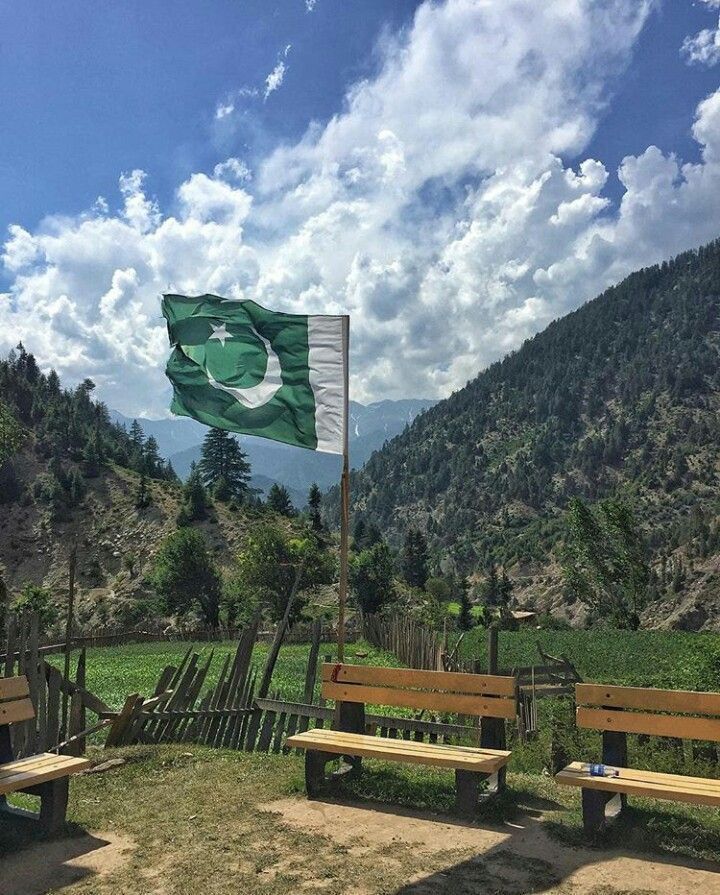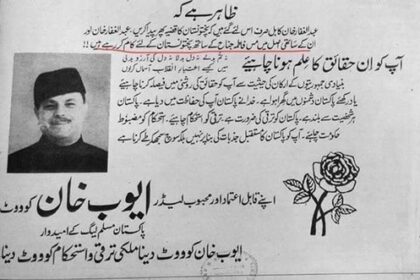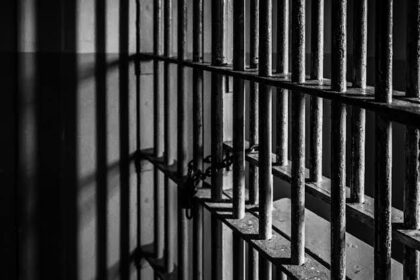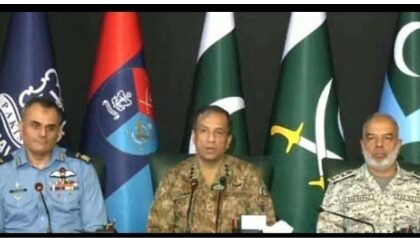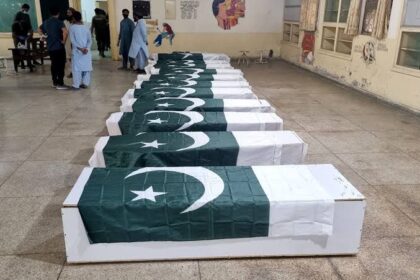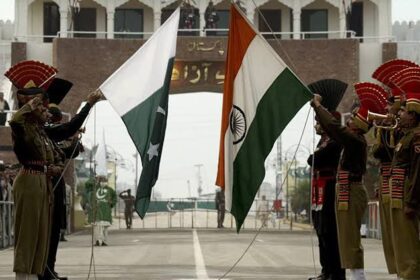Pakistan has been in political turmoil since its very origin, so much so that no government has ever completed their 5-year time period. People back then were die-hard fans of Benazir Bhutto, and now they are absolute worshippers of either Nawaz Sharif or Imran Khan. However, when holding these leaders accountable for our vote, we turn a blind eye and keep covering up for their behaviour as they have hired us to market them. Civilians are ready to sacrifice their lives on the frontline, but when it comes to standing up for the right and condemning the wrong, we hear excuses like, “Agar khaate hain to lagaate bhi to hain.”
While a huge responsibility for this political mess falls upon our political parties and leaders, we must not forget that these political leaders are a representation of our population, and the problems are not just on the surface level but are deeply rooted within the population. Corruption is one of the several vices that are eminent in our society; people on all levels and platforms try to take advantage whenever they can; hence they often find it reasonable when the higher authorities do so.
Pakistan’s turbulent political history has led to reliance on charismatic leaders rather than strong institutions. From Jinnah’s revered status to military dictatorships and populist civilian leaders like Bhutto and Khan, the political culture has prioritised personalities over systems. This dependency has created a saviour complex among our civilians, where even the smallest of public service acts committed by these parties are taken as if they have done something extraordinary and not something that they were supposed to do under their mandates. On the other hand, the worst of the crimes or omissions they commit are easily forgotten.
In Pakistan, the media, both mainstream and social, plays a vital role in shaping the public perception of these leaders instead of encouraging accountability and critical discourse, and this often leads to the cult of personality, which makes politicians larger-than-life figures. The most influential part of Pakistan’s mainstream media is television, which is the primary source of information for the masses; hence their disproportionate commentary on individual leaders makes it look like those individuals are central to the nation; however, it should be more focused on the vitality of institutions.
One of the fundamental issues with media representing these politicians is that they are biased; we often see that one channel is associated with a specific political party while the other channels are biasedly representing the other parties. This bias is often not understood by our population, where they consider the word of media the final and utmost word, which cannot be challenged. As a result, people may choose to consume information that aligns with their beliefs, leading to a skewed understanding of reality—often only receiving half-truths or less and dismissing the rest.
Moreover, state-controlled media adds to the existing issues where the governments glorify their leaders, and everything they do is first manipulated and then conveyed to the population. These platforms propagate official narratives, portraying leaders as indispensable figures and discouraging dissent.
The consequences of this type of behaviour are right in front of us. The current state of Pakistan is the perfect example of what happens when political leaders are given more importance than institutions. The result of this type of mindset is that corruption becomes so prevalent in the nation that it is almost next to impossible to put an end to it. Furthermore, the economic crisis in the country worsens with every passing day, with soaring inflation, dwindling foreign reserves, and reliance on IMF bailouts highlighting the failure of government and our nation idolising such behaviour.
Another key consequence of this mindset is that the population becomes divided, and a sense of hatred toward one another emerges. People grow extremely intolerant of differing political opinions, often resorting to violence over their beliefs. This intolerance leads to violent demonstrations and protests, which, in turn, result in hundreds of deaths over leaders who show little regard for the welfare of the state. A notable example is the May 9th incident, which could be indirectly categorised as a civil war. While raising your voice for change is not inherently wrong, it is crucial to approach such situations carefully and think tactfully to avoid unnecessary harm and chaos.
To move forward, Pakistan will have to foster a culture of critical thinking, analysis, accountability, and tolerance for diverse opinions. In order to make our country prosperous, we must demand transparency from our leader instead of glorifying their rights and wrongs. We should strengthen our institutions and rely on merits to build a strong foundation for a prosperous state.



